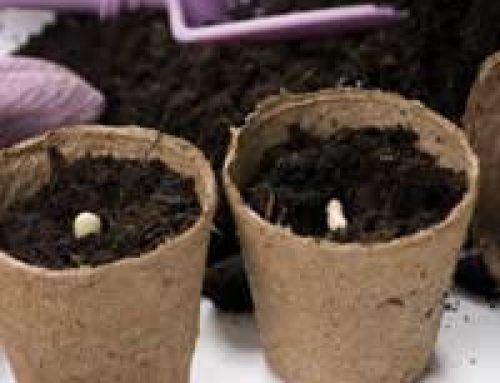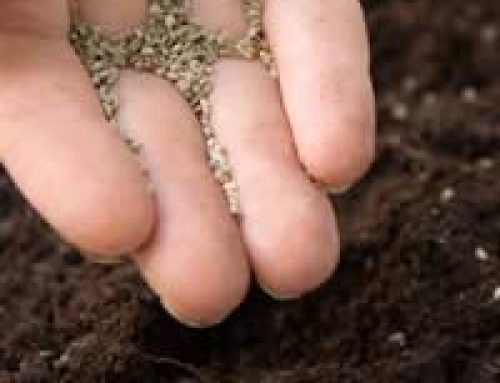
If you are asthmatic, it shouldn’t prevent you from spending time in the garden, whether that’s to relax or to do some gardening, as there are several things you can do to reduce the effects of pollen and other allergens if you’re an asthma sufferer. However, it should also be pointed out that because many of the pollens that will cause adverse effects are airborne and can therefore travel across gardens, it’s not possible to eliminate the effects completely.
Growing The Right Plants
Many trees, plants, bushes and grasses release billions of grains of pollen which can be carried for miles on the wind throughout the entire year with the possible exception of winter. To minimise the effects if you’re asthmatic, you should opt for plants which rely on insects for cross-pollination. The reason is that these types of plants tend to have pollen grains which are much heavier. Therefore, they’re not able to travel through the air quite so easily.
Plants And Trees You Should Avoid
The types of plants and trees you should avoid include:
- Cypress
- Juniper
- Beech
- Oak
- Ash
- Birch
Plants And Trees Which Are Safer
The types of plants and trees you should encourage if you’re asthmatic include:
- Flowering plants – clematis, begonia, daffodil, geranium, lily, pansy
- Apple and cherry trees
- Hydrangea
- Yew
These are both short lists. However, if you speak to your garden centre, they’ll be able to provide you with more in depth lists of the types of plants you should get rid of and those which are kinder to asthma sufferers.
Other Prevention Tips
There are numerous other steps you can take which will help you minimise the discomfort of being out in the garden if you’re asthmatic.
Basically, the problems arise when pollen comes into contact with your nose and other exposed areas of skin. Therefore, wearing gloves, long sleeves, sunglasses and a hat can help and you can even get special face masks to stop you inhaling harmful allergens. If you have a hedge, consider removing it as the branches within hedges are easily able to collect pollen, mould and dust or at least keep your hedge thin and well pruned.
A lot of asthma sufferers don’t realise that wood chips and mulch encourage moulds to grow because they’re good at retaining moisture. Therefore, use gravel or marble chips instead.
Mowing can particularly cause allergies to flare up so, if it’s possible, ask a non-asthmatic to mow your garden and always try to keep the grass short to stop any weeds sprouting which, when taller, will often be blown by the wind which will release pollen. Whoever mows the garden, keep all your house windows shut whilst mowing is taking place and for a few hours afterwards.
And, although UK gardeners often bemoan the British summer weather, it’s quite rare for the UK to get several weeks of persistently hot and dry weather these days so another good idea is to restrict your gardening to days on which it’s cooler and cloudier. Late in the evening is also a better time to be in the garden if you’re asthmatic as the concentration of pollen in the air is usually lower when the sun’s about to set.
Finally, don’t forget that pollen and other allergens from the garden can also collect in your hair, on your body and in your clothes. Therefore, after completing your gardening, take a shower or bath straight away and wash your hair and put your gardening clothes in the washing machine to get rid of the allergens.





Leave A Comment